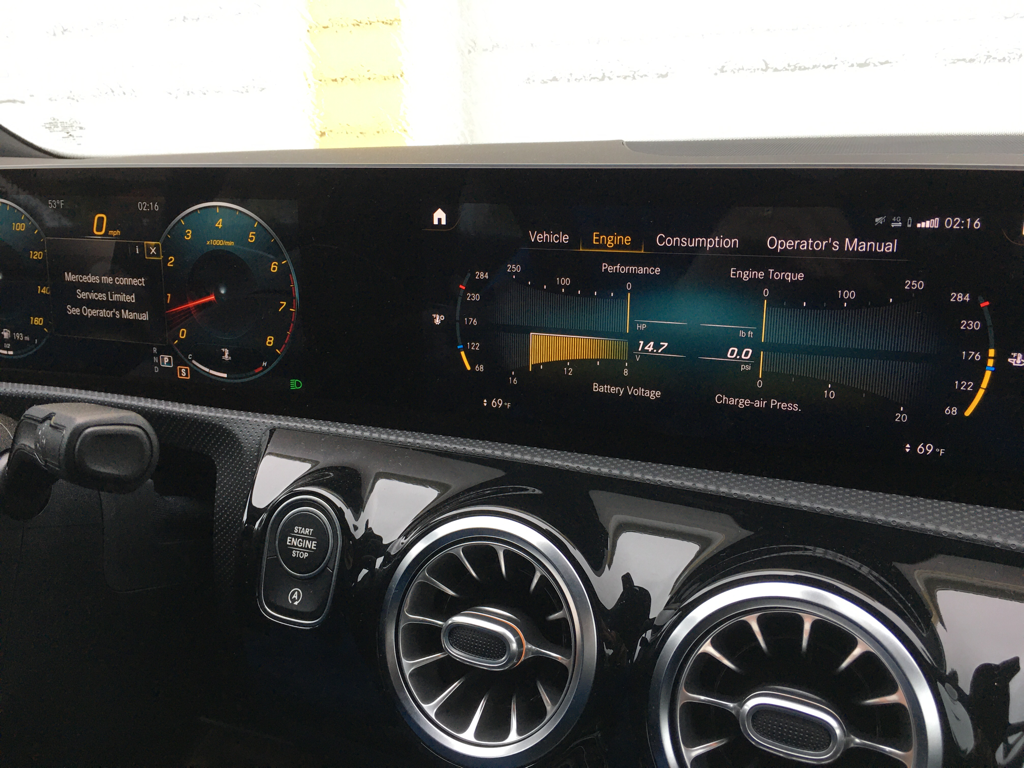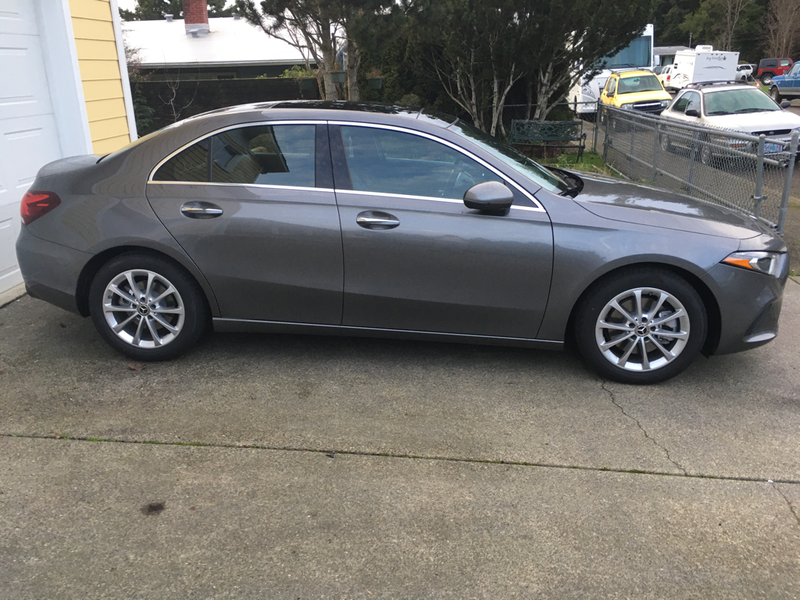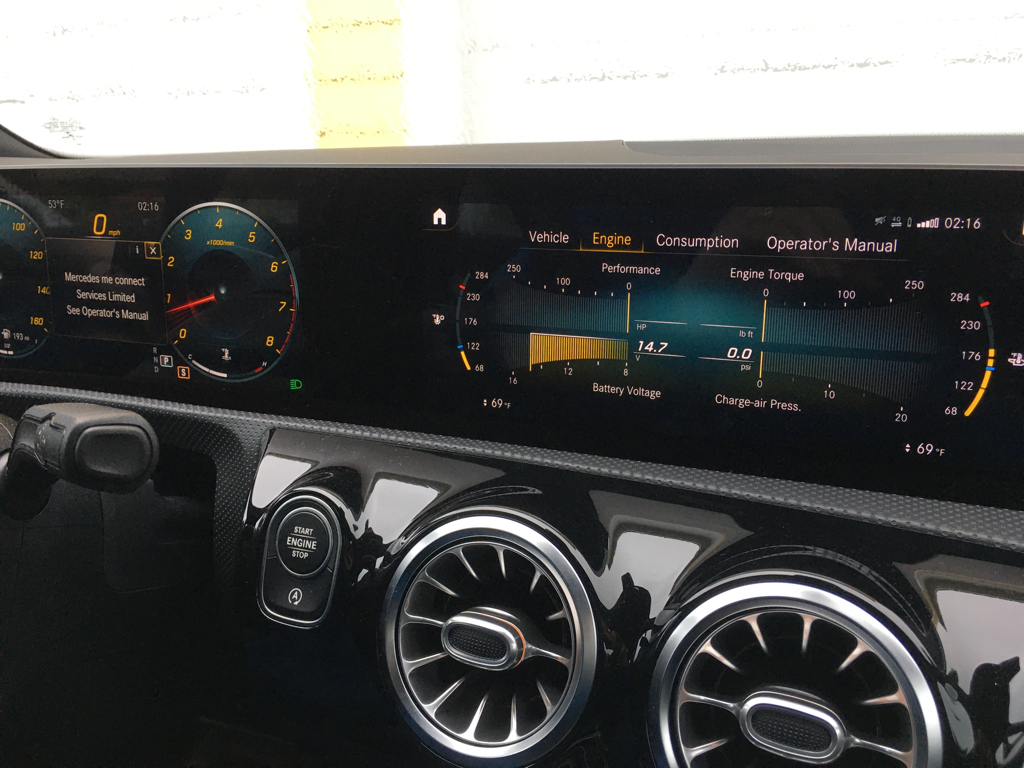First, the good side to using Bio-diesel.
B-20 (20% oil) Bio-Diesel is cheaper than standard diesel fuel here in Oregon because the state burdens the bio-fuel with less tax to encourage its consumption. For those who are unaware, diesel fuel is typically more expensive because it's taxed more than gasoline.
Bio-diesel has been shown to increase lubrication and longevity in diesel engines, especially in (clean) low sulfer diesel markets.
The added lubrication of bio-diesel often results in improved fuel mileage replacing sulfur's role somewhat.
Some say that Bio-diesel is better for the environment, although I would say that depends on the mix and the vehicle it's going into.
Now, the dark side of Bio-diesel.
The use of B-20, or anything over 5% Bio-diesel may void your engine's warranty, such as is the case with VW (outside of Illinois), Audi, BMW, Mercedes, and other diesel makes.
Bio-Diesel amounts mixed with greater than 5% oil increases the absorption of water into the fuel, making it necessary to monitor oil levels and possibly change engine oil more frequently. Additional oil changes would negate the accumulation of savings from fuel tax breaks and improved mpg's.
Bio-diesel would not be better for the environment if more oil changes are required from using it.
Blended diesel, especially in colder climates and when mixed with more oil can interfere with flow, as colder temperatures cause the fuel mix to thicken and increase moisture absorption in the fuel tank.
In conclusion blended bio-diesel can be a good thing or a headache depending on the mix percentage. For example, in France bio-diesel is sold at a mandated 3% mix across the country, with good results on diesel engine longevity and diesel consumption.
If I had any control over Oregon's Bio-diesel mixture being sold at stations, I would immediately lower the mix from 20% to a friendlier 5% blend or less. This would still conserve diesel by saving pure diesel at the pump. Consumers would benefit from increased fuel mileage, added engine longevity and all likely without any needed extra oil changes or added diesel warranty issues.
For more bio-diesel information on new vehicles check out Biodiesel.org

 RSS Feed
RSS Feed












